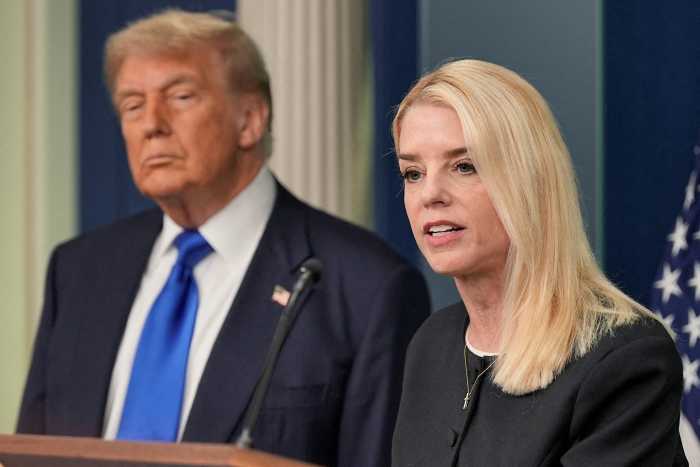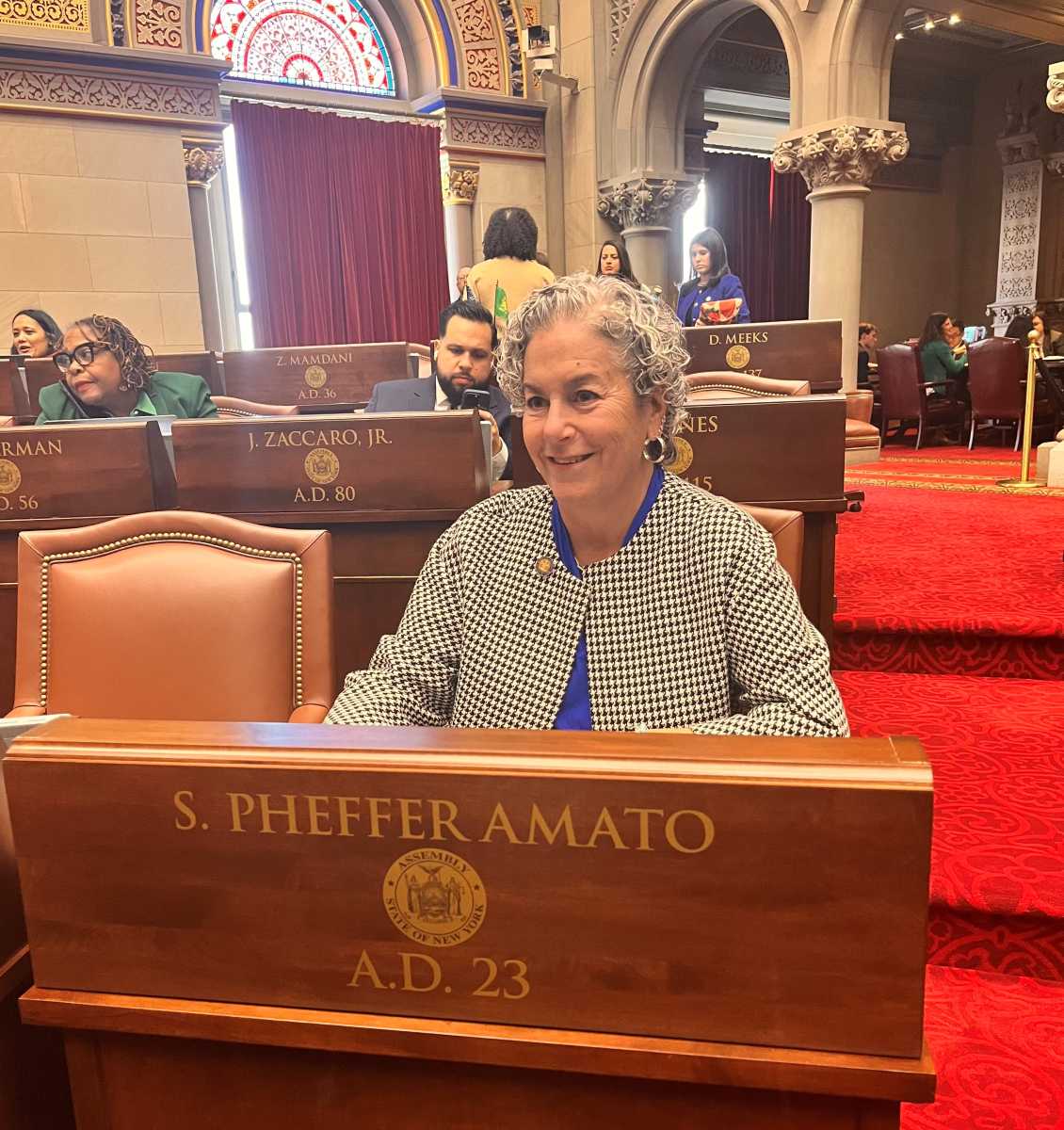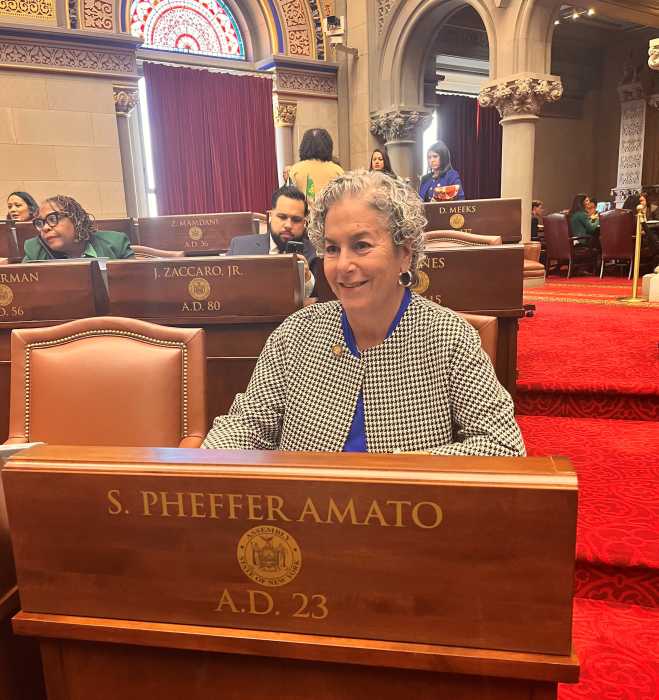Today, gifting a phone to an adolescent is both a cultural standard and a safety measure. As a father of two young men who received their first mobile devices at ages 13 and 12, and as a citywide candidate for NYC Comptroller, I deeply understand the importance of protecting our children in today’s digital world. The Stop Addictive Feeds Exploitation (SAFE) for Kids Act represents a significant step toward safeguarding our most vulnerable population—our children. This legislation, which requires parental approval for teens to access algorithm-driven social media feeds, now moves into the critical rulemaking phase, where the details of its implementation will be decided to enable the law’s intent.
To start, the Attorney General should include language requiring parental approval and age verification at the app store level. This measure simplifies the process for parents, centralizing the management of teenagers’ app downloads and social media access. Instead of navigating various app-specific parental controls, parents can authorize or decline app downloads through a single, familiar interface. When a teenager attempts to download a social media app, the app store will notify the parent’s device, allowing real-time approval or denial. This ensures that parents maintain control over their children’s app usage, providing a critical layer of protection against harmful content and addictive features.
Secondly, as the Attorney General considers implementing the SAFE for Kids Act, her office should resist Big Tech’s attempts to create loopholes and carve-outs. Some platforms may seek to avoid liability by inserting language that excludes them from the standards applied to similar apps. This legislation must be uniformly applied across all social media platforms to prevent parents from having to navigate different rules for different apps. Uniform application simplifies the process for parents, ensuring that they can effectively safeguard their children’s online experience. I commend the Attorney General’s office for allowing an open and transparent process to implement the intent of the SAFE for Kids Act. By inviting public input, the office has ensured that the final regulations will reflect the diverse perspectives and concerns of parents, educators, and other stakeholders. This inclusive approach builds trust and enhances the legislation’s effectiveness by incorporating real-world insights and experiences.
Empowering parents to protect their children online is crucial in today’s digital age. As a father, I know how important it is to have some control over my children’s digital experiences. The SAFE for Kids Act is a significant step, but a federal law requiring app-store-level parental consent would be even more effective. A federal standard would eliminate the confusing patchwork of state laws, making it easier for parents nationwide to manage their children’s online activities. Lawmakers can simplify or improve app store management by enhancing protections and ensuring the final language of the SAFE for Kids Act includes app-store-level parental consent. If platforms support these types of safety measures, they reduce the risk of their brands being held accountable. The mental health of our children must take precedence over business opportunities gained by exploiting data or deploying hypnotic algorithms.
By effectively implementing the SAFE for Kids Act, we can create a safer digital environment for our children and teens. It is imperative that all stakeholders—app developers, parents, lawmakers, and educators—stand together to uphold a common-sense, humane standard that prioritizes the mental health and well-being of our youth.
New York is leading the way in protecting teens online, and as a candidate for NYC Comptroller, I am committed to supporting these efforts. Together, we can ensure that our children grow up in a digital world that enhances their well-being rather than detracting from it.






































